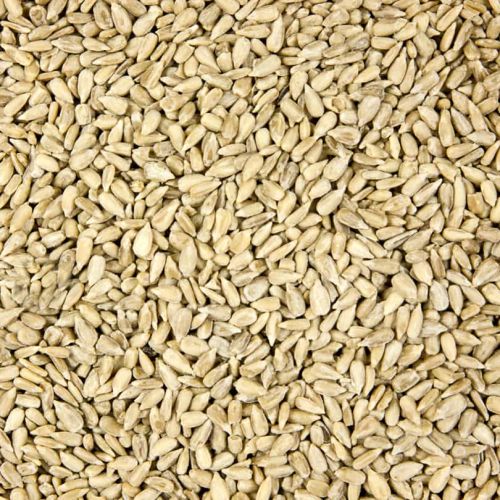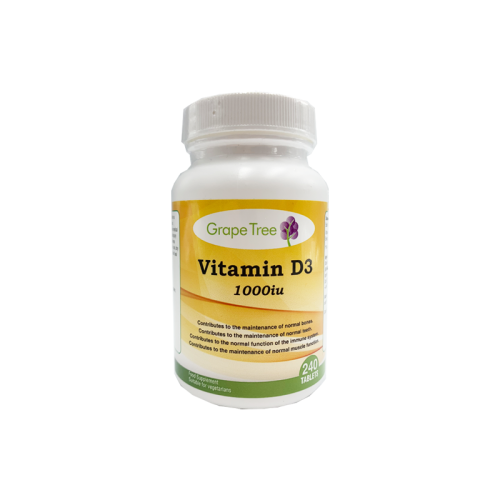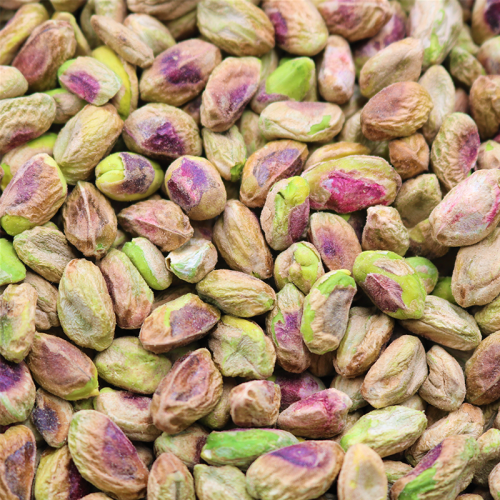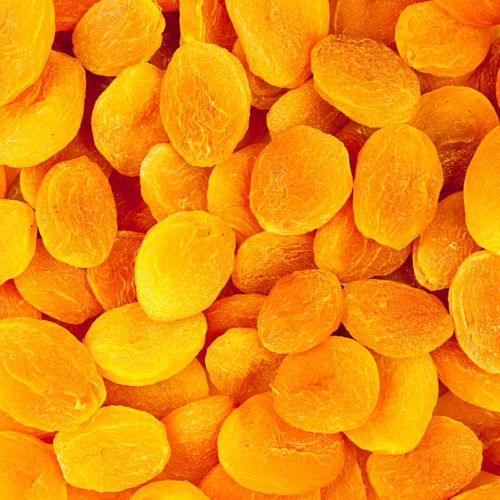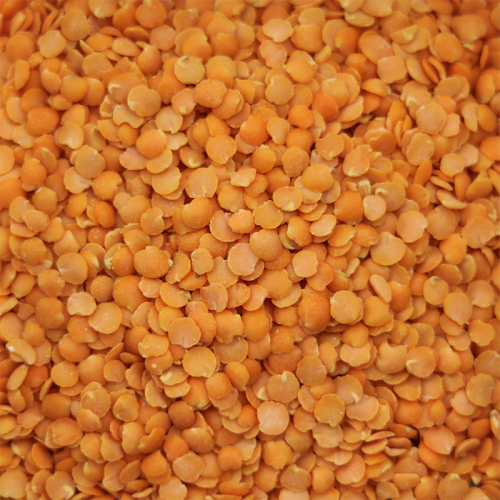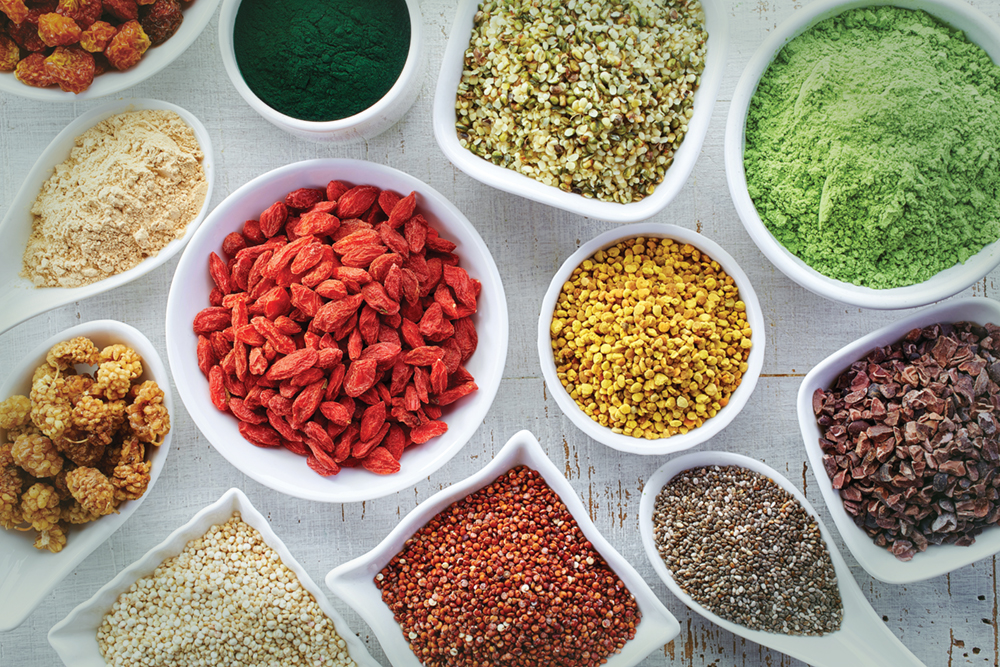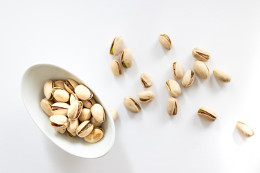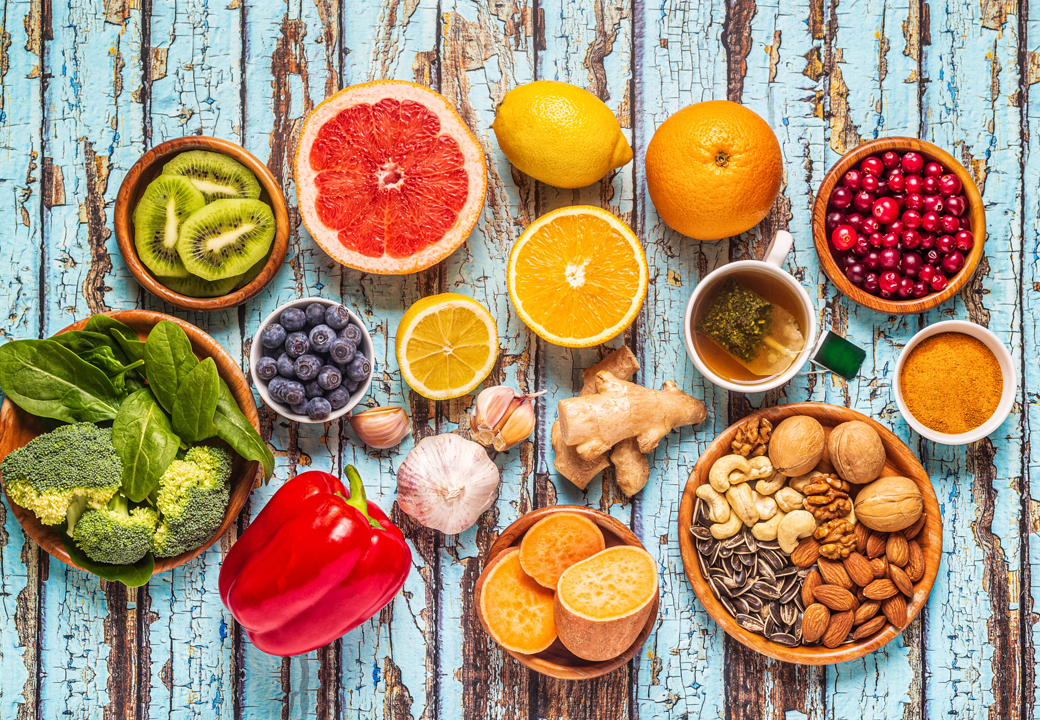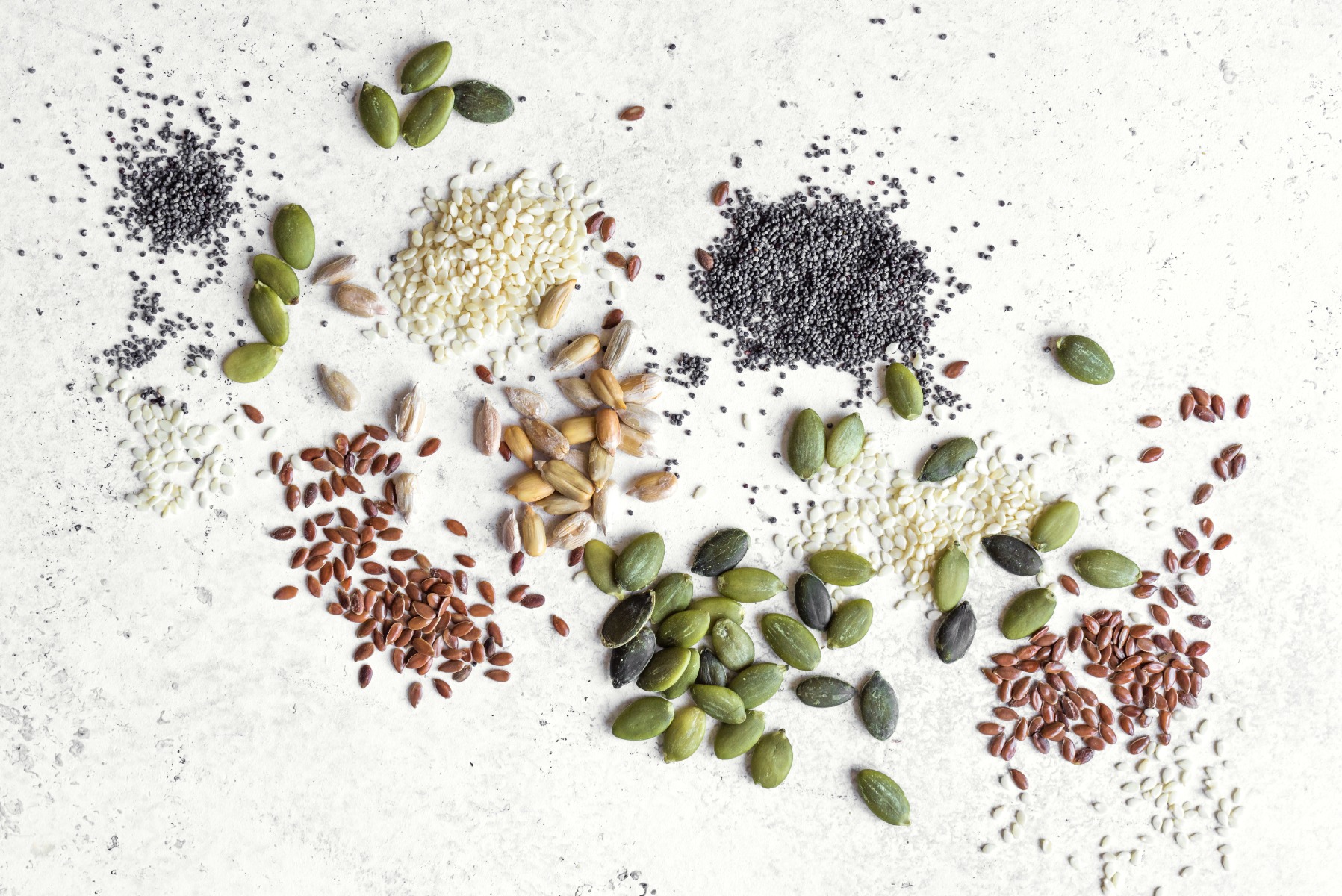
Feeding your immune system
The nutrients that help your self-defences stay fighting fit
Our immune systems are immensely complicated. At least six different cell types are involved in protecting our bodies from in-coming disease and illness threats.
Some identify dangers from bacteria and viruses like Covid 19. B cells are responsible for releasing antibodies to kill off these invaders. T cells, as well as destroying infected cells, carry messages and signals including those that ensure the system does not over-react and cause auto-immune diseases.
Also forming part of this self-defence complex is our bone marrow, lymph nodes, spleen, appendix and skin, our external barrier to infection.
No wonder then that science is still battling to unpick the intricacies and complexities of the system that is so vital to our health and existence.
Of the facts that are emerging one thing at least seems clear. A healthy diet is crucial to a well-balanced and efficient immune system.
As the experts at Harvard University in the US explain “Like any fighting force the immune system army marches on its stomach, healthy immune system warriors need good, regular nourishment”
Research has also begun to identify specific nutrients that may be crucial to system’s proper functioning. These include the Vitamins A, C, D, E, B6, B12, Folate (B9) and the minerals copper, iron, selenium, and zinc.
This is our guide to where to find these key nutrients that could help keep your immune system fighting fit.
Vitamin A
Important for supporting T-cell activity in the immune system Vitamin A also has a role in skin health. While it is available in eggs and dairy foods the key plant-based sources are fruit and vegetables with bright coloured skin including carrots and mango. Both the NHS and the Vegan Society recommend apricots. A dried fruit has double the amount of vitamin A as a fresh one. A serving of three or four dried fruits will supply around ten per cent of your need for the day. (For men that is 0.7mg and for women 0.6mg).
Vitamin D
The NHS is now recommending that everyone should consider a daily Vitamin D supplement of 10micrograms or 400 International Units (the requirement for both men and women). Our chief source of this essential nutrient is the effect of sunlight on the skin. Even in normal times, large numbers of people are deficient and of course, the Covid 19 lock-in has reduced exposure to the sun. It is already official advice for everyone to consider a supplement in the winter months. This applies all year to those who are not often outdoors, have a dark skin or usually wear clothes that cover much of the body. As well as being linked to the functioning of the immune system Vitamin D is important for the health of bones, muscles, and teeth. Scientists are examining its role with regard to Covid 19. Grape Tree now stocks an own brand Vitamin D supplement.
Vitamin E
A key antioxidant Vitamin E is cited by the NHS as a nutrient which helps strengthen the immune system. Animal experiments have shown a Vitamin E deficiency impacting on the response of immune system cells. Sunflower seeds are one of the best food sources. An ounce (about a handful) contains well over half of your daily requirement (4mg a day for men and 3mg for women). The same measure of almonds has almost a half and hazelnuts have a quarter.
Vitamin C
A powerful antioxidant Vitamin C is believed to aid the immune system by protecting cells, helping white blood cells function and maintaining the skin, that first line of defence. It is also important in wound healing. Your daily requirement is 40mg. As well as citrus fruits good sources include strawberries and blackcurrants as well as vegetables like broccoli and brussels sprouts. A handful of dried blueberries has 7mg.
Vitamin B6
B6 helps form haemoglobin which carries oxygen around the body in the blood but is also linked with the T-cell operation in the immune system. It is found in a wide variety of meats and vegetables. At Grape Tree reach for pistachios or sunflower seeds a handful of either will deliver around a quarter of your daily B6 requirement (1.4 mg for men, 1.2mg for women).
Vitamin B12
This essential vitamin is present in meat, fish and dairy but is missing from plants. So those on a plant-based diet must look to fortified foods, like yeast flakes. A 5g serving of Grape Tree’s own brand yeast flakes will deliver 2.2micrograms of B12 more than your requirement for the day (1.5mcg). Those flakes also have the other seven B vitamins and the “immune” minerals zinc, iron, selenium and copper. Plus, they deliver protein and fibre.
Folate
Also known, in its manufactured, form as folic acid this is the nutrient that is important in reducing the risk of spina bifida in unborn babies. But it may also have a key role in the creation of immune cells. One of the best plant sources is lentils. Just 100g of cooked lentils will provide ninety per cent of the adult daily need of 200 micrograms. A handful of sunflower seeds or peanuts will give you around a fifth. Other good sources are linseed, almonds and quinoa.
Copper
As well as helping produce red and white blood cells copper, the NHS confirms, is understood to be important for the immune system. Nuts and seeds are outstanding sources of copper. A handful of sesame seeds will actually deliver much more than the adult daily need of 1.2mg. Your handful of cashews contains almost that whole requirement, and sunflower seeds have almost three quarters. The same quantity of walnuts, pumpkin seeds or peanuts will each deliver around half of what you need.
Iron
Men require 8.7 mg of iron per day and women (aged 19-50) need 14.8mg. Many young women are iron deficient. Dark green leafy vegetables are good plant sources but also recommended are beans, nuts, dried fruit and whole grains. Pumpkin and sesame seeds have more than 2mgs per ounce. Pecans, peanuts, walnuts, Pistachios, almonds and cashews all have 0.7mgs per ounce. Apricots, raisins and prunes are also sources.

Zinc
A zinc deficiency is believed to have a serious impact on T- cells in the immune system. But consuming too much can also have a negative impact. Men need 9.5mg a day and women 7mg. Plant based sources are nuts, seeds and pulses. Based on 30g servings (around a handful) hemp seeds have 3mg, pumpkin seeds 2mg, cashews 1.8mg, chia seeds 1.4mg, linseed 1.3mg, and quinoa 1mg.
Selenium
The NHS says, “selenium helps the immune system work properly”. It also prevents damage to cells and tissues. Men require 75micrograms a day and women 60mcg. Just two medium sized brazil nuts will provide that need. A tablespoon of sunflower seeds has 9mcg and sesame seeds 6mcg.
Sources:
https://www.nhs.uk/live-well/eat-well/5-a-day-what-counts/


